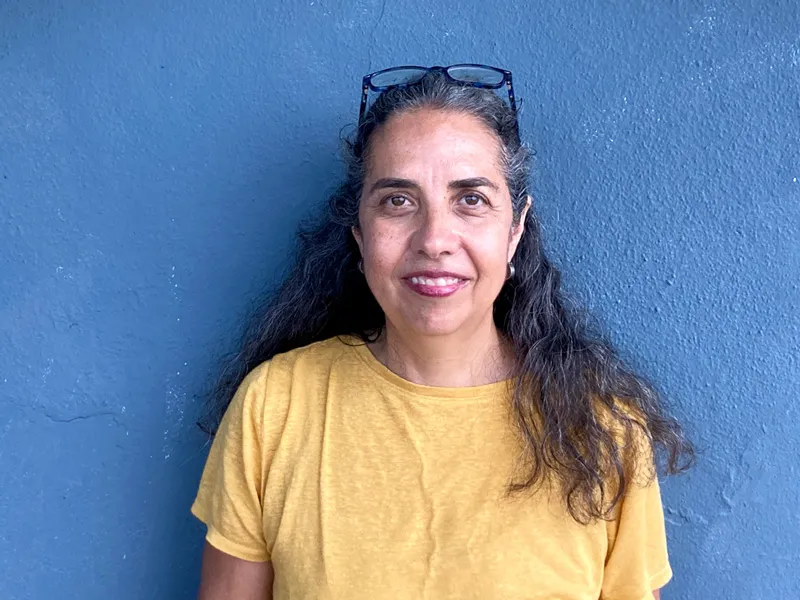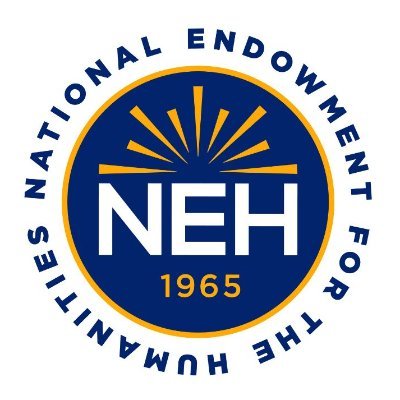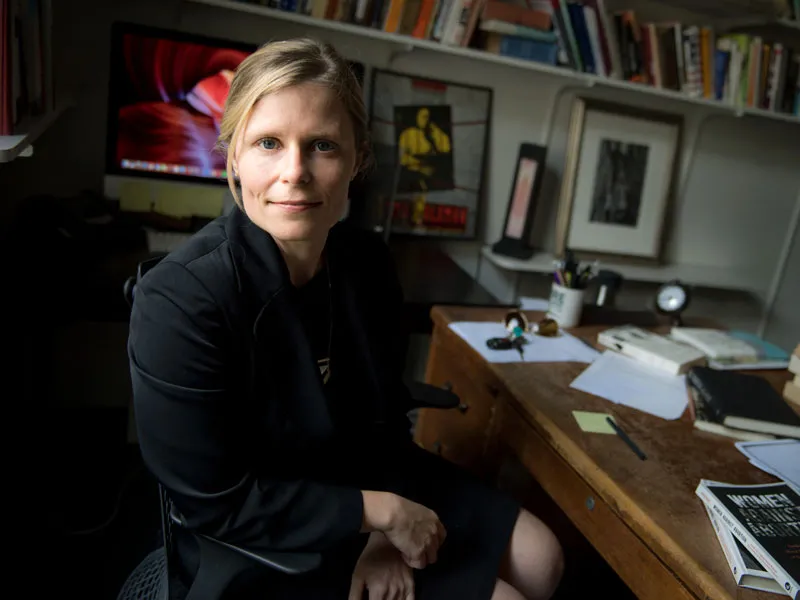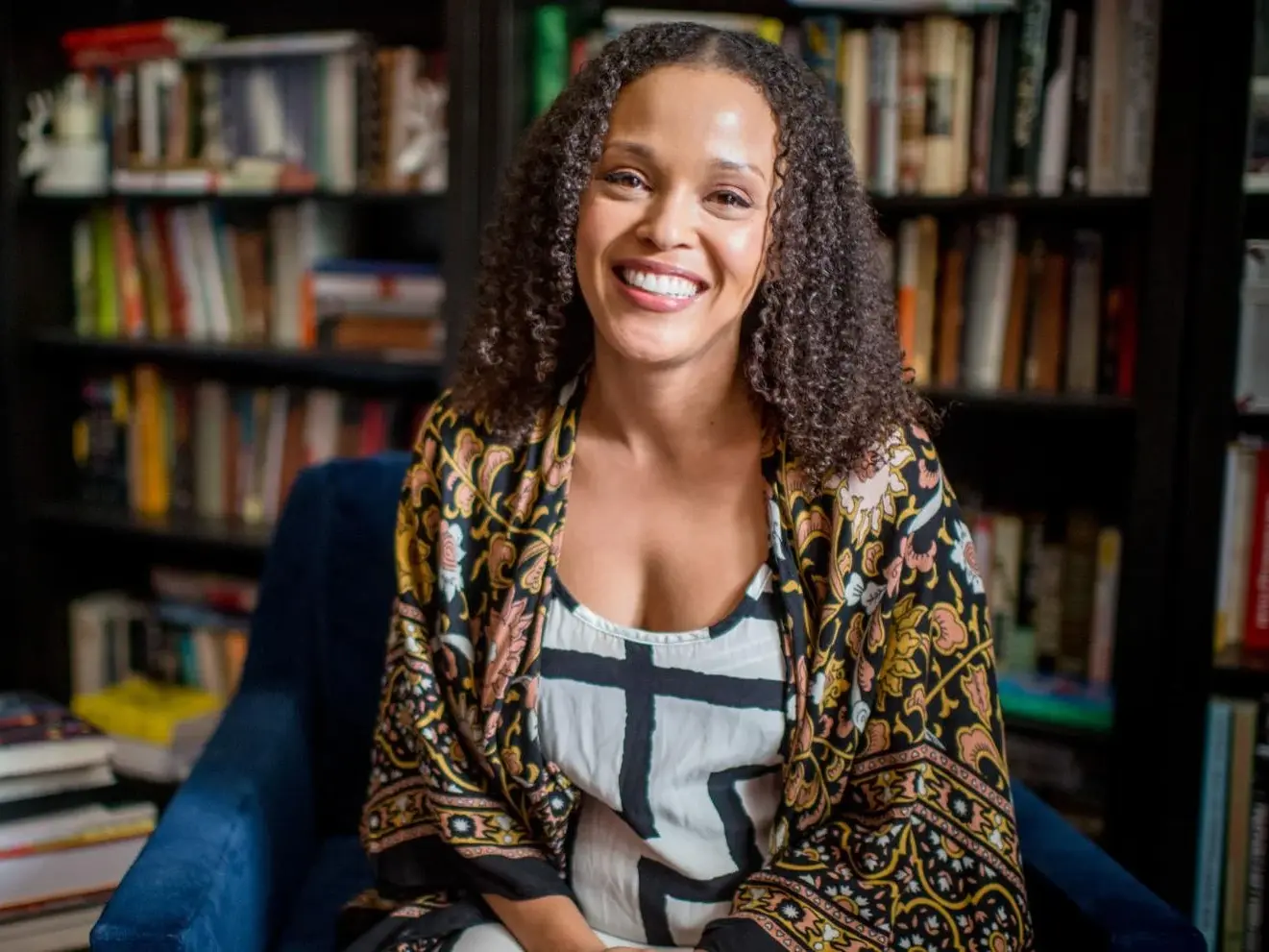Over the past year, our School of Liberal Arts faculty have secured prestigious honors, fellowships, and research grants that recognize their exceptional work and commitment to pushing the boundaries of knowledge. Since the start of the current academic year, our faculty have been awarded nearly $1 million in research funding. These accolades highlight their remarkable achievements in the humanities, social sciences, and arts and, with a 50 percent success rate in grants and fellowship submissions (well over the industry standard of 15-25 percent), SLA faculty are well on their way to having another record-breaking year.
- Kathy Jack, Associate Dean for Research and Graduate Programs

Ana María Ochoa, a professor in the Newcomb Department of Music, the Department of Communication and the Department of Spanish and Portuguese, was appointed as the 2025 Ernest Bloch Professor of Music in residency at UC Berkeley. The Ernest Bloch Professorship of Music was established at the University of California in 1962 in order to bring distinguished figures in music to the Berkeley campus. In this role, Ochoa will host a lecture series titled “Sonic Extractivisms: Historiographies of Music and Sound in Times of Climate Change.” The lectures will explore an anthropogenic history of sound during the first half of the twentieth century (up to the 1960s), a period of intense imperial expansion of the United States in Latin America and the Caribbean.

The Institute for Citizens & Scholars has named Corey Miles as a Career Enhancement Fellow for the 2024–25 academic year. The Career Enhancement Fellowship, funded by the Mellon Foundation and administered by Citizens & Scholars, seeks to increase the presence of outstanding junior faculty committed to campus diversity and innovative research in the humanities and humanistic social sciences.
Miles, an assistant professor in the Department of Sociology and Africana Studies Program, focuses his research on the nexus of Black performativity and carcerality. He investigates how surveillance and policing are technologies that fuel the structure of the U.S. south, and the ways Black aesthetics has challenged the epistemological assumptions of this structure. His forthcoming Vibe: The Sound and Feeling of Black Life in the American South (University Press of Mississippi) maps the ways the U.S. South itself is a site of carcerality, and how trap music is used as a relational space to contest and make sense of emotional and spatial violence. Dr. Miles explores how racialized emotions, often built into the gritty cadence of trap music, are important analytical sites for understanding the emotional, spatial, and temporal violence of anti-Black structures. In addition to his work on Black performativity, he is interested in Black temporality. His current project builds on the idiom that suggests ‘doing time’ is a carceral experience and asks, “In what ways do Black people resist doing time and/or time itself?”

Adrian Anagnost and Leslie Geddes, both associate professors of Art, received a National Endowment for the Humanities Landmarks of American History and Culture award for their program “Bvlbancha Rising: Louisiana Landmarks and Climate Change Challenges.” The program will host two workshops in June 2025 where higher education and humanities practitioners will explore coastal Louisiana cultural landmarks imperiled by human action, i.e., sea-level rise due to climate change, threats to biodiversity, and impacts of extractive industries. They will pay particular attention to sites and place-based practices important to Indigenous, Black, and Asian American histories. Through site visits, experiential learning, discussions, and guest lectures by artists, writers, scholars, filmmakers, and community activists, participants will explore ways the humanities play an important role in understanding environmental change and creating expressive responses to ecological pressures.
Two School of Liberal Arts professors were awarded a Tulane Research Award at this year’s Research, Scholarship and Artistic Achievement Awards.

Karissa Haugeberg, associate professor and Eva-Lou Joffrion Edwards Newcomb Professorship in History, received the Spirit Award, which recognizes outstanding achievement during the prior calendar year of a scholar/investigator whose work embodies Tulane's motto: Non sibi, sed suis (Not for oneself, but for one's own) while enhancing the research mission through education, creative expression, mentorship, and collaborative effort to advance knowledge.

Jesmyn Ward, professor of English and Andrew W. Mellon Professor in the Humanities, received the Publication Award for her book Let Us Descend. This award is designed to honor scholars and investigators at Tulane University for their exceptional contributions to academic literature by acknowledging the best journal article published in the preceding calendar year and the best book published within 24 months of the award selection date, which occurs annually in August. These awards recognize the significant contributions to the scholarly record at the intersection of impact, merit, and relevance.

